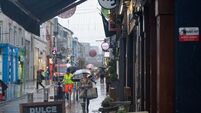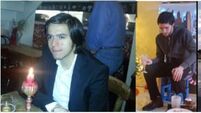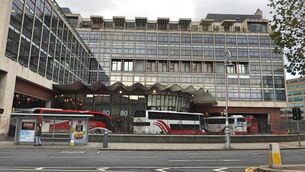Crowded field in Dublin as well-known contenders do battle for just four seats

In the second day of a three-part series on the European elections, profiles Dublin — the ‘constituency of death’.
The group of death is a hackneyed phrase, but there is no denying the Dublin constituency is lethal.













